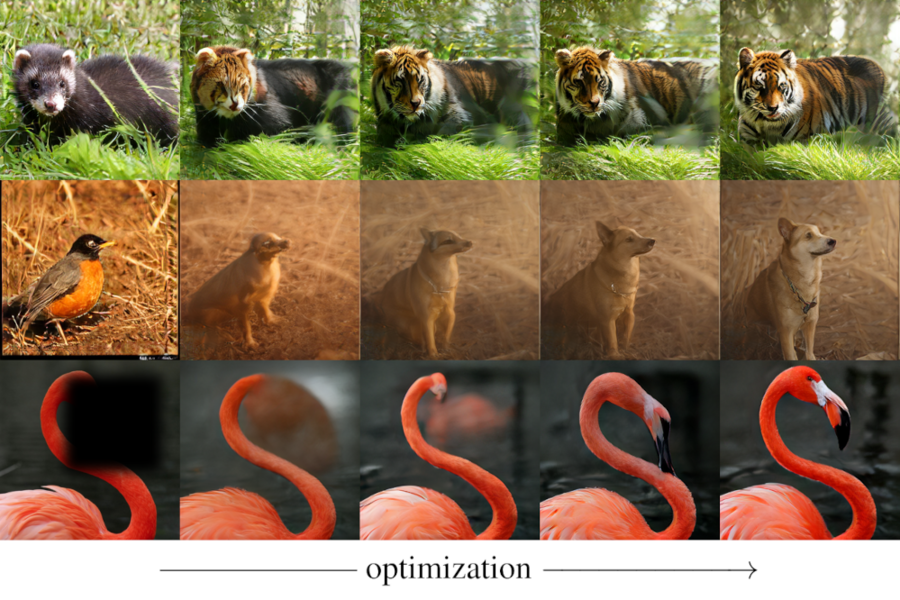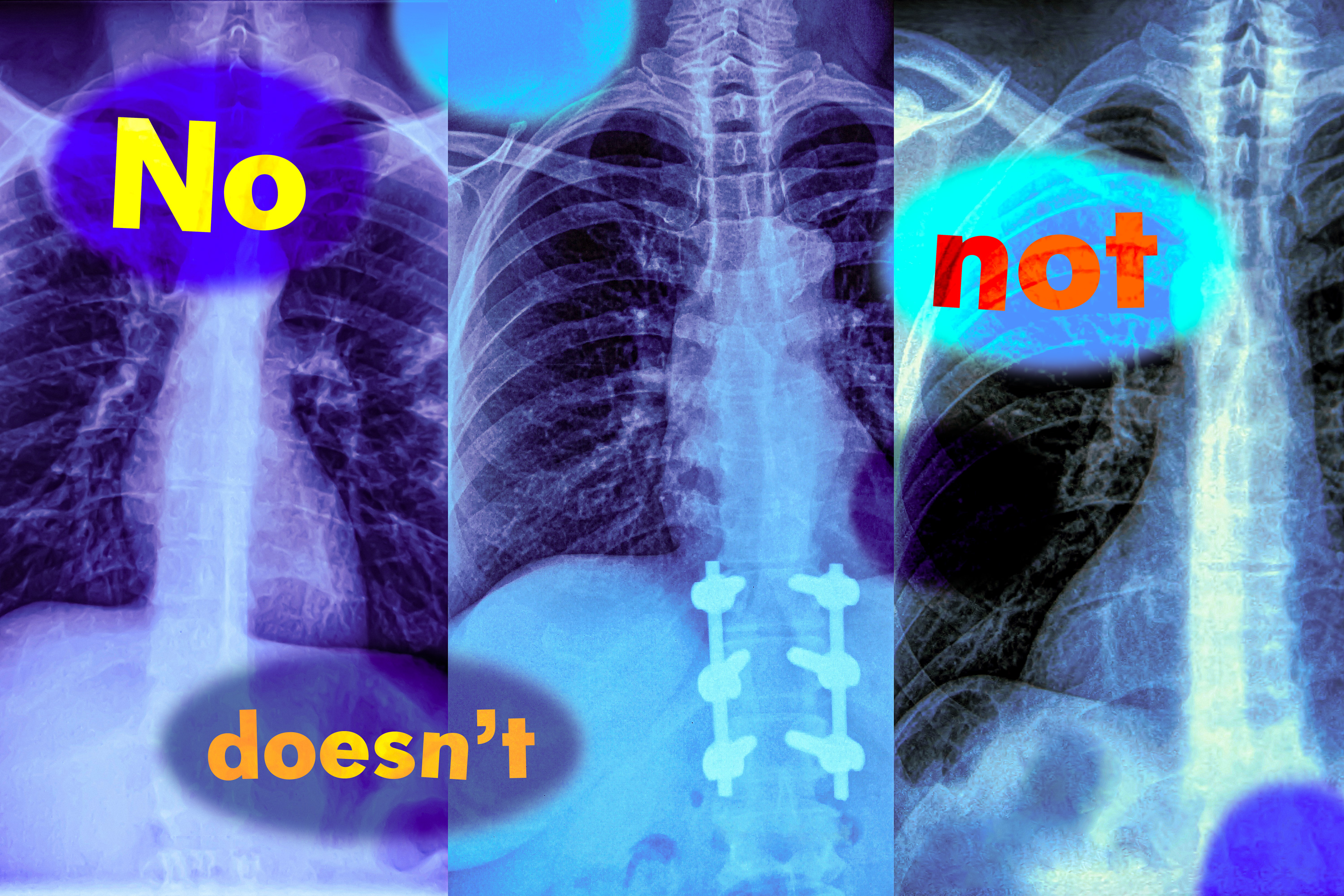
MIT LIDS
@MITLIDS
LIDS is an interdepartmental research lab in @MIT_SCC Affiliations include @MITEECS @MITAeroAstro @MITMechE @MIT_CEE @ORCenter @MITIDSS @MITSloan @eapsMIT
In Boston for Robotics Tech Week? Come learn about Physical AI from MIT’s @SertacKaraman, Amazon Robotics, the Industrial Innovation Fund, and our friends at @FPrimeCapital. RSVP here: lu.ma/iwgoe3b9
#RoboticsTechWeek is heating up. New events just dropped 👇 June 9-13: 🤖 Vecna Robotics HQ Tours 💼 J.P. Morgan: Maximize Your Equity 💡 AWS x F-Prime: Physical AI Forum 📘 MassRobotics + Oliver Mitchell: Idea to IPO 🏓 Polsinelli: Ping Pong Mixer 🔗 lu.ma/roboticstechwe…
With AI, researchers predict the location of virtually any protein within a human cell: Trained with a joint understanding of protein and cell behavior, the model could help with diagnosing disease and developing new drugs. news.mit.edu/2025/researche…
🔍 A new way to create and edit images—no image generator required. LIDS & CSAIL researchers have developed a method that turns images into 1D strings of tokens and back again—guided by CLIP. The result? Easy inpainting, edits, and generation from scratch. bit.ly/4f5JfP3

🧠💻 New “smart coach” boosts AI’s problem-solving superpowers! CodeSteer, a smart assistant from Chuchu Fan, @YongchaoC, et al, guides LLMs on when to use text reasoning & when to switch to writing code, boosting LLM accuracy when solving complex problems bit.ly/4eX7XRL

Unpacking the bias of large language models. A new study, from @MITLIDS PI @jababi, grad student @XinyiWu98, @MITCSAIL colleagues, reveals the root cause of position bias in LLMs, paving the way for more accurate and reliable AI systems bit.ly/3Ikxo3o @MIT_CEE @MIT_SCC

1/6 Excited to share our latest preprint: "MORPH Predicts the Single-Cell Outcome of Genetic Perturbations Across Conditions and Data Modalities". 🔗 biorxiv.org/content/10.110… 🧵 👇 Here is what MORPH is in a nutshell!
Planning a trip soon? A new framework from LIDS PI Chuchu Fan and collaborators from the @MITIBMLab supercharges language models, so they can reason over, interactively develop, and verify valid, complex travel agendas. ✈️ Learn more about the new tool: bit.ly/3Zua4pA

Melding data, systems, and society. A new book from @MuntherDahleh details the creation of @mitidss, a unique kind of transdisciplinary center, uniting many specialties through a common need for data science. Learn more and read the book: bit.ly/4kJ0Nme

🎯 New adaptive control system could help autonomous drones stay on target in uncertain environments. Developed by LIDS PI @NavidAzizan w/ Sunbochen Tang and Haoyuan Sun, the system automatically learns to adapt to unknown disturbances like gusting winds. bit.ly/3TlaPxA

I am pleased to share the link to my videolecture from 5/2/2025, at Harvard University: Reinforcement Learning, Model Predictive Control, and Newton's Method for Solving Bellman's equation youtube.com/watch?v=ZBRouv… Slides at web.mit.edu/dimitrib/www/R…
An anomaly detection framework anyone can use. In a profile for MIT News, LIDS grad student Sarah Alnegheimish discusses how she aims to make machine learning systems more accessible, transparent, and trustworthy. bit.ly/444l9QS

“We have a very long history in behavioral economics to know that people are very bad at making decisions,” @MITEcon professor Ashesh Rambachan says. betterworld.mit.edu/spectrum/issue… @MITEECS @JPAL @MITLIDS @MITEngineering @MIT_SCC
🚨 Rare failures in complex systems (like airline meltdowns) can cause chaos. A new method from Chuchu Fan and collaborators predicts these events by analyzing sparse failure data and normal operations, leading to big innovations in safety in automation. bit.ly/3SUhNcE

I am pleased to share podcasts (<30 mins) describing two of my books: Neuro-Dynamic Programming. notebooklm.google.com/notebook/c21b0… A Course in Reinforcement Learning notebooklm.google.com/notebook/a4a87… Free PDF of both books can be found at web.mit.edu/dimitrib/www/b…
Imagine a world without MIT.
🧠 AI's Blind Spot: Negation. New research led by @MarzyehGhassemi finds that VLMs struggle with understanding negation words like "no" and "not," leading to potential errors in high-stakes fields such as medical diagnostics. bit.ly/4jZT7f2

🚦 New tool evaluates progress in reinforcement learning. IntersectionZoo, a benchmarking tool developed by LIDS PI Cathy Wu and collaborators, uses real-world traffic problems to test progress in deep reinforcement learning algorithms. Learn more: bit.ly/4iZ1jup

A free PDF of the 1996 Neuro-Dynamic Programming book by myself and John Tsitsiklis, the 1st book in #reinforcementlearning, has been posted at web.mit.edu/dimitrib/www/N… An AI-generated podcast that summarizes the book can be found at notebooklm.google.com/notebook/c21b0…